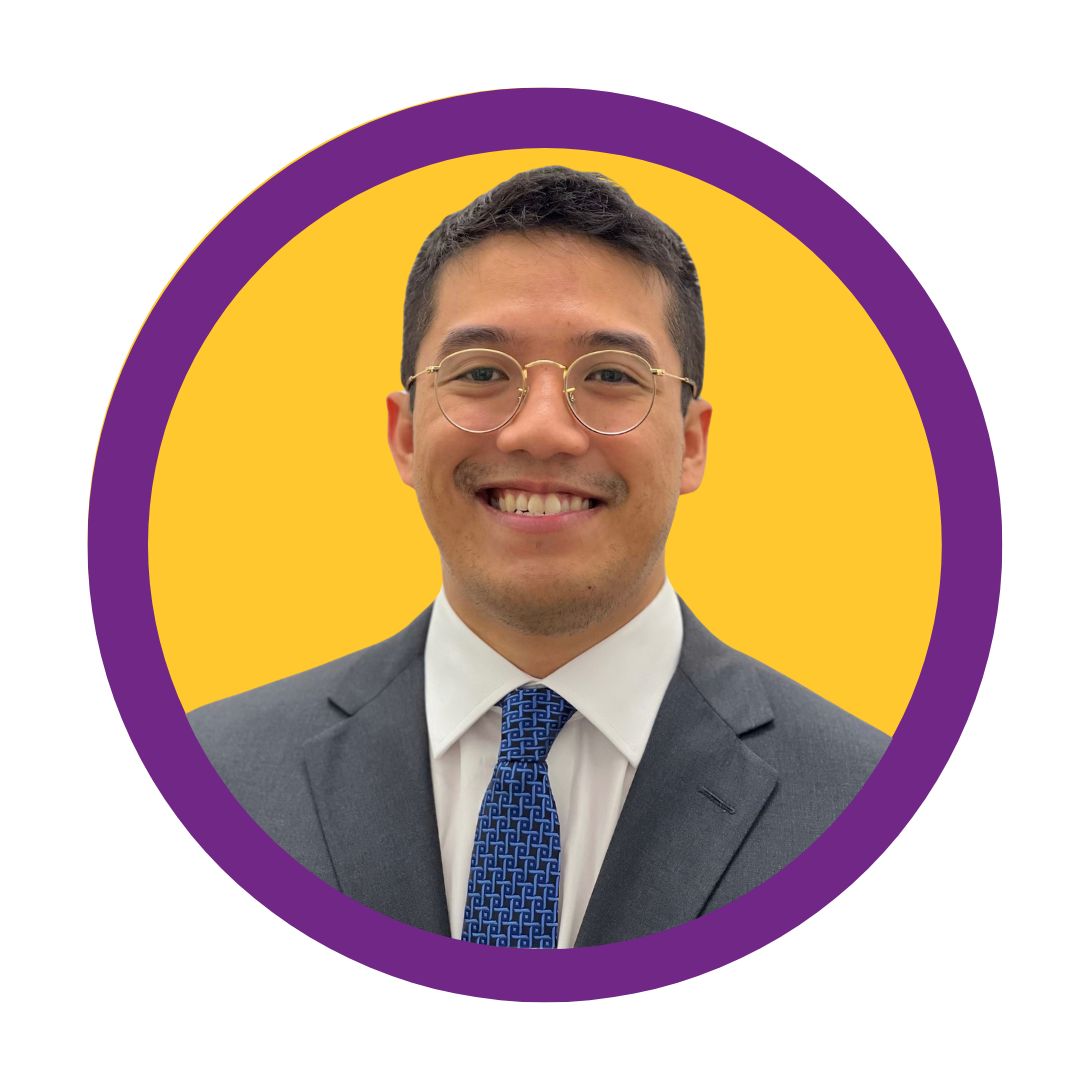Advocacy Intern Reflections from Dr. Brent Arcayan
Brent Arcayan, MD
PGY 2
Internal Medicine
Mount Sinai - Morningside/West
De-mystifying Advocacy
This past December marked the half-way point of three-years of internal medicine residency training completed so far, leaving roughly 18 months left for an otherwise decades-long journey. Since the beginning, I knew that becoming an “attending physician,” was one way of obtaining the knowledge, power, and voice that could be used to make a difference with the LGBTQ+ community I identified a part of.
As of writing this, I am staring down the barrel of “in one and a half years, I am supposed to be emerge from my cocoon at the end of an 11-year journey as an intelligent, spectacle-donning “attending physician,” capable of knowing and handling all –- and realizing that while I have gotten fairly good at interpreting labs, sending workups, and even managing critically ill patients in the hospital, there is still so much to "being a good doctor,” that there is for me to learn.
Knowing that the end of my training is nearer each day, I hope to take full advantage of the Advocacy Internship with the ACP to
1. Develop a better understanding of who I am, what type of community-oriented primary care physician I can be, and understanding all the ways I can better understand and advocate for my patients both inside and outside of the exam room
2. To “demystify ‘advocacy’” and spend time absorbing as much knowledge, language, and skills I am able to during these four weeks together. From the very concrete skills of understanding the legislative environment, how to navigate identify and intervene on bills, to broader skills of how to efficiently and effectively mobilize/organize a group around a cause, and how to foster a network of community.
The job and scope of a physician can feel so wide at times: one day in residency I can be in the ICU placing a central line so the intravenous epinephrine can induce the heart to better perfuse vital organs in the coming minutes, and another day I can spend an afternoon in clinic helping a patient fill out his application for a reduced fare Metro card. Through my experiences in residency, the experiences I have found most grounding and impactful are not necessarily when patients are critically ill but rather in health prevention and promoting health negating poor health outcomes. For example, I recently had the opportunity to develop a 1-hour lecture to be given to ~30 co-residents based on LGBTQ+ health. I decided to use the hour to invite two transgender patients to speak on a “patient panel,” to an audience of ~30-40 of our co-residents to help bridge a known knowledge and comfortability gap within our own program. Although the development and coordination of an event like this felt wholly uncomfortable and outside of my comfort zone, it was incredibly gratifying to hear from my co-residents how valuable they found the patient panel and to know I did something (no matter how small or big) to help narrow this health equity gap.
I am so incredibly appreciative of the opportunity to take this four-week elective during my medical training where I am able spend some time away from the busy medical floors or critical care units, and dedicate myself to "de-mystifying advocacy,” by spending real time on the ground learning from and absorbing as much as I can from you all! With the end of residency nearing, I am realizing that once this 11-year training project ends, it is only followed by a lifetime of practicing medicine but on your own, without Arts & Practice lectures or elective time for Advocacy Internships – which highlights this golden opportunity with the ACP to learn all I can before being pushed out of the nest, and into the unknown.
